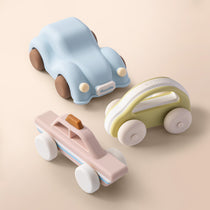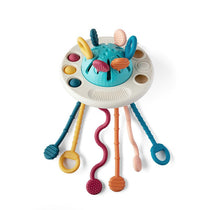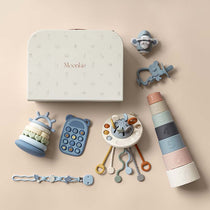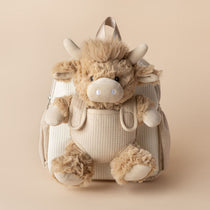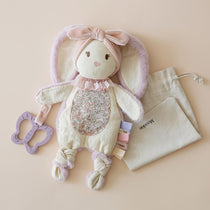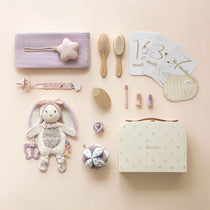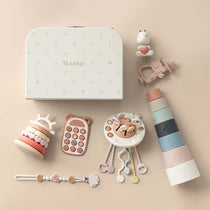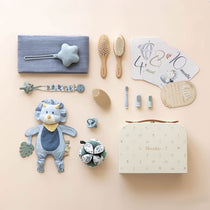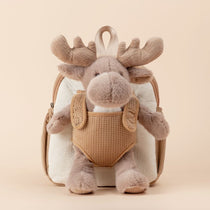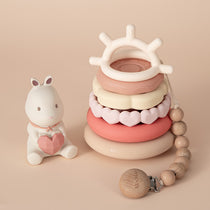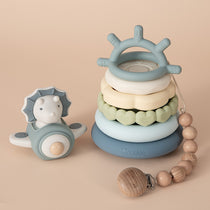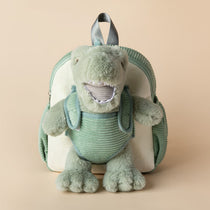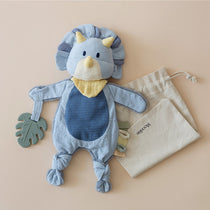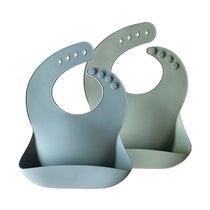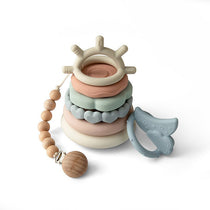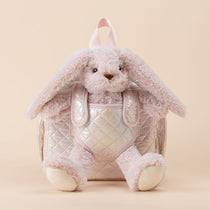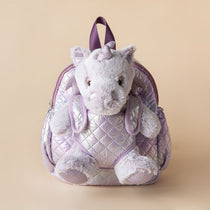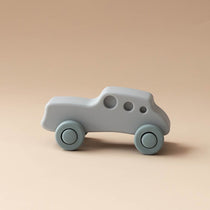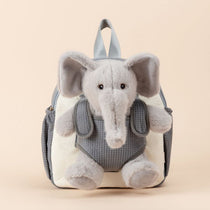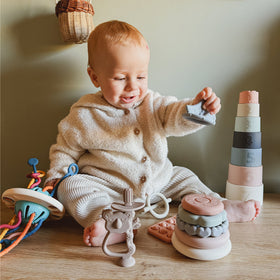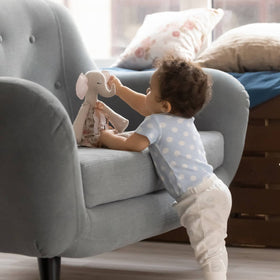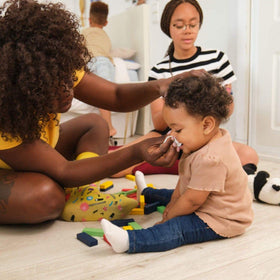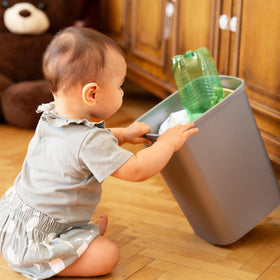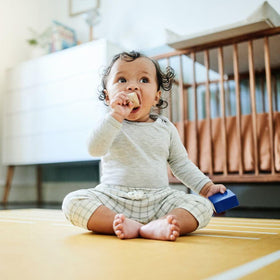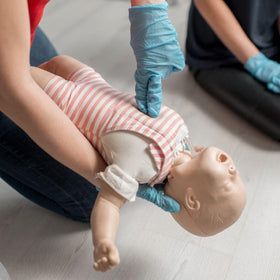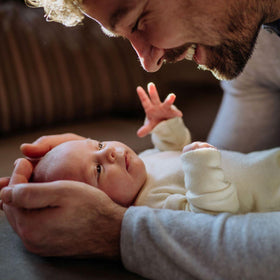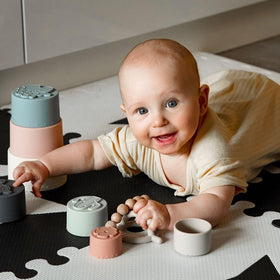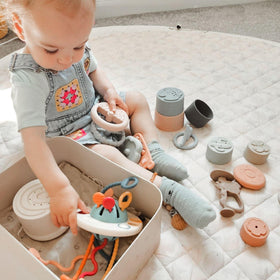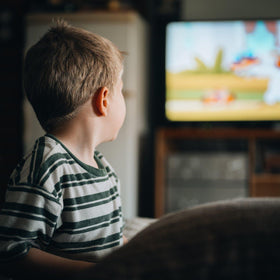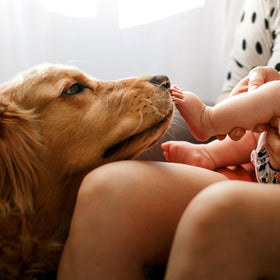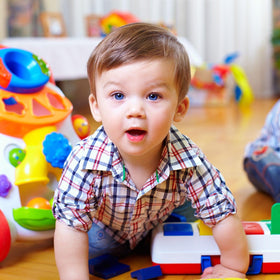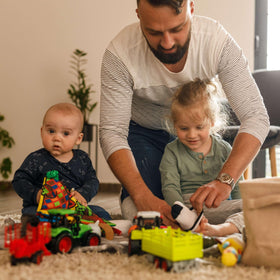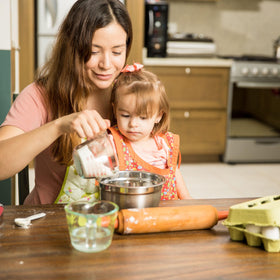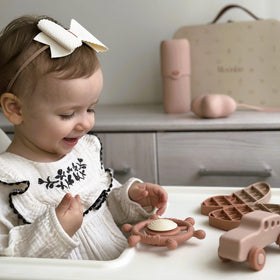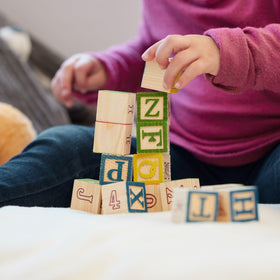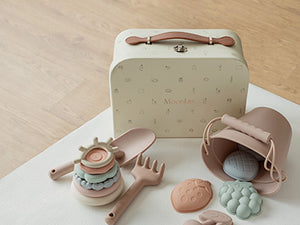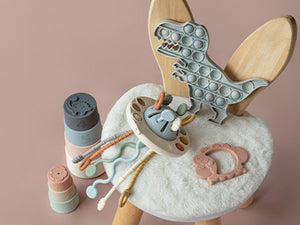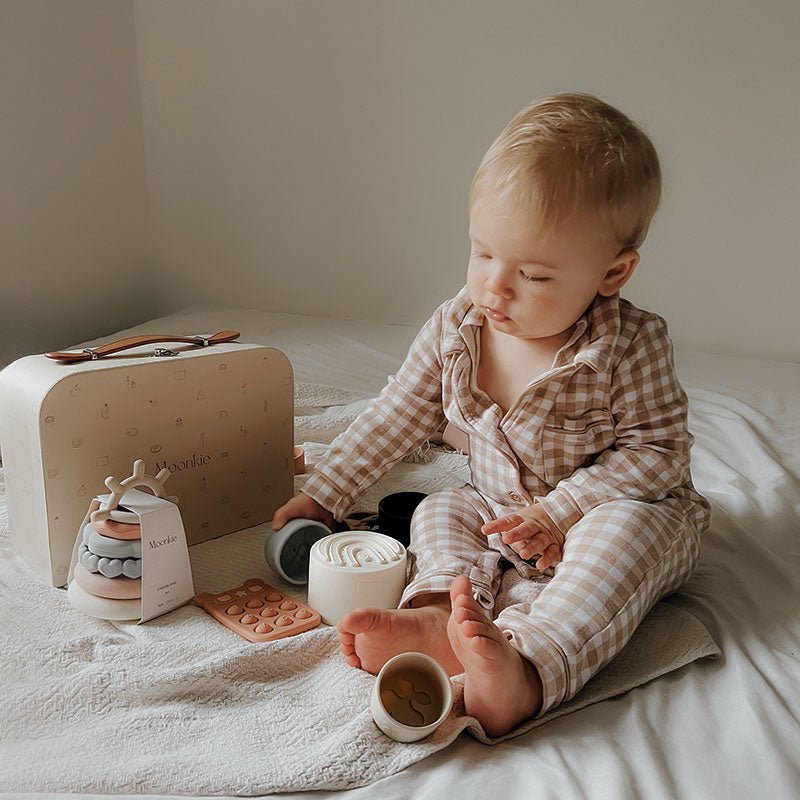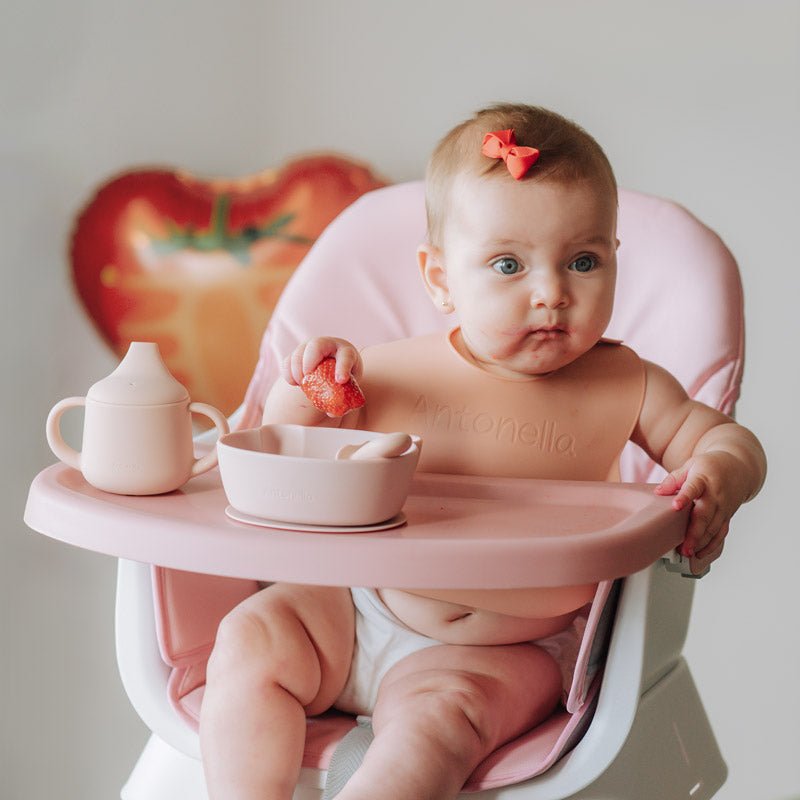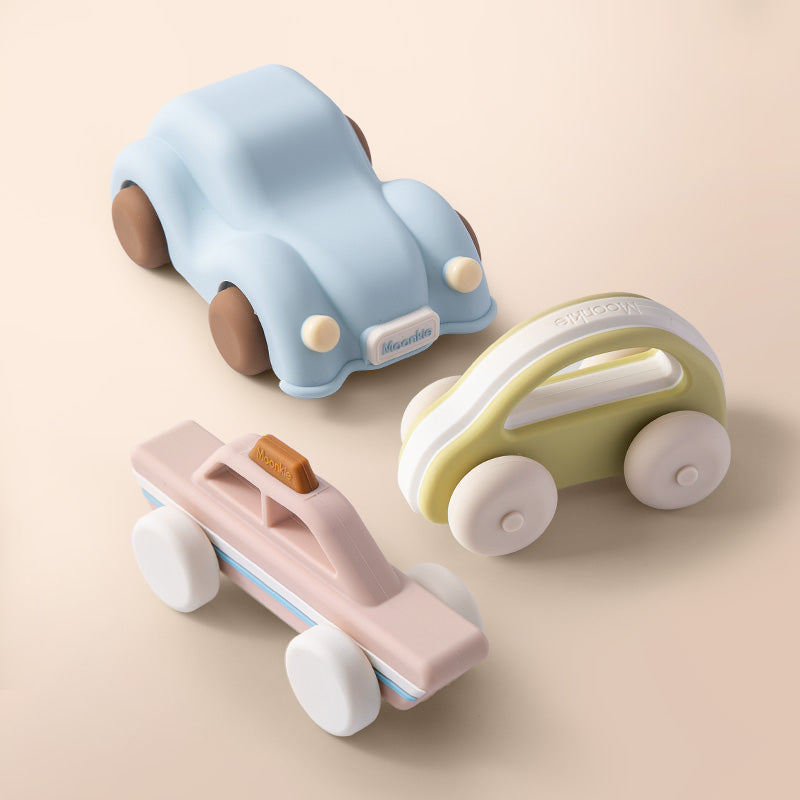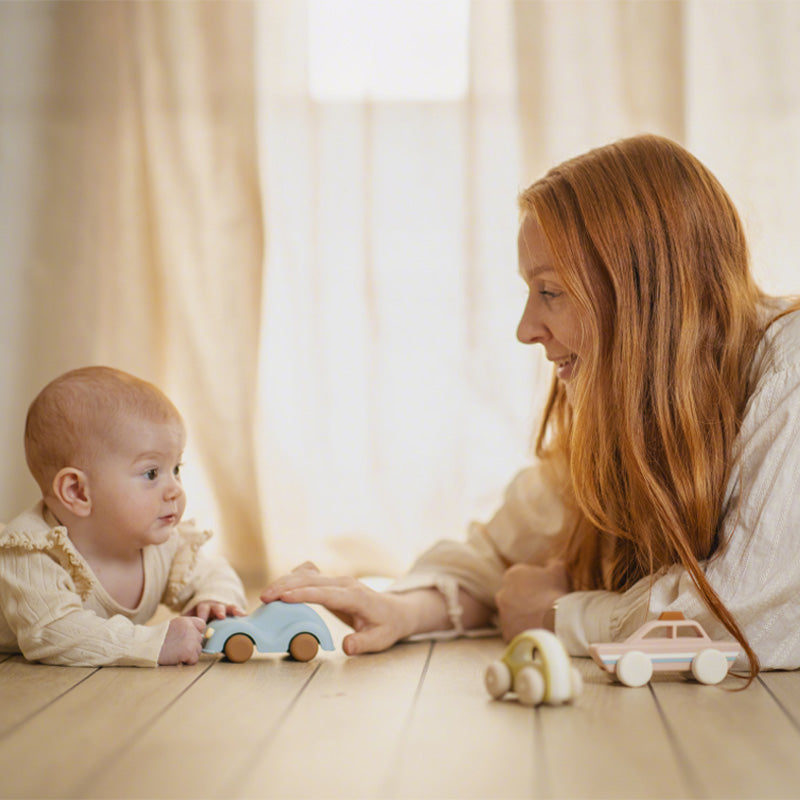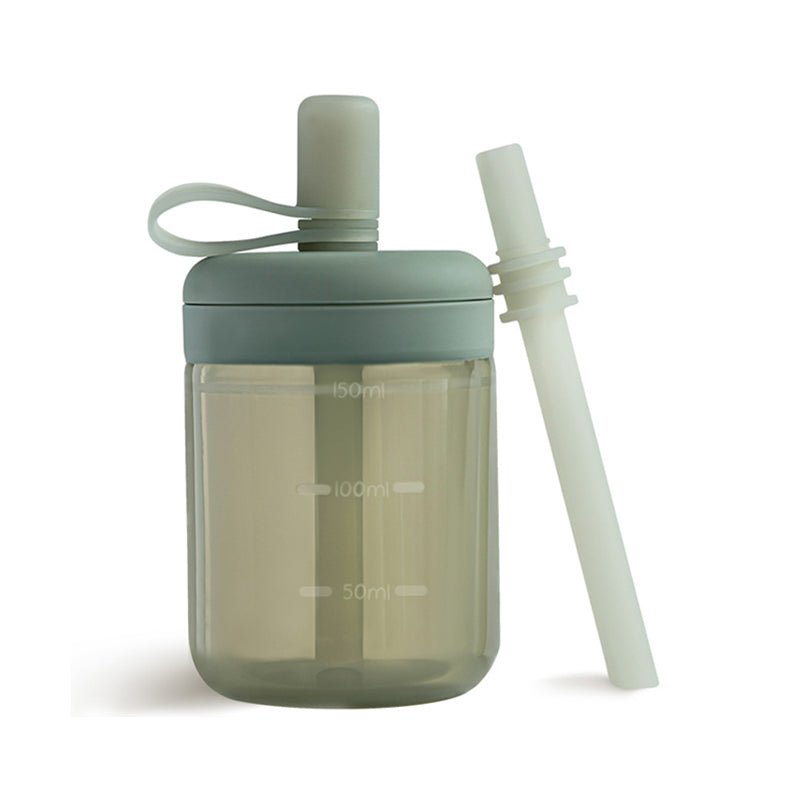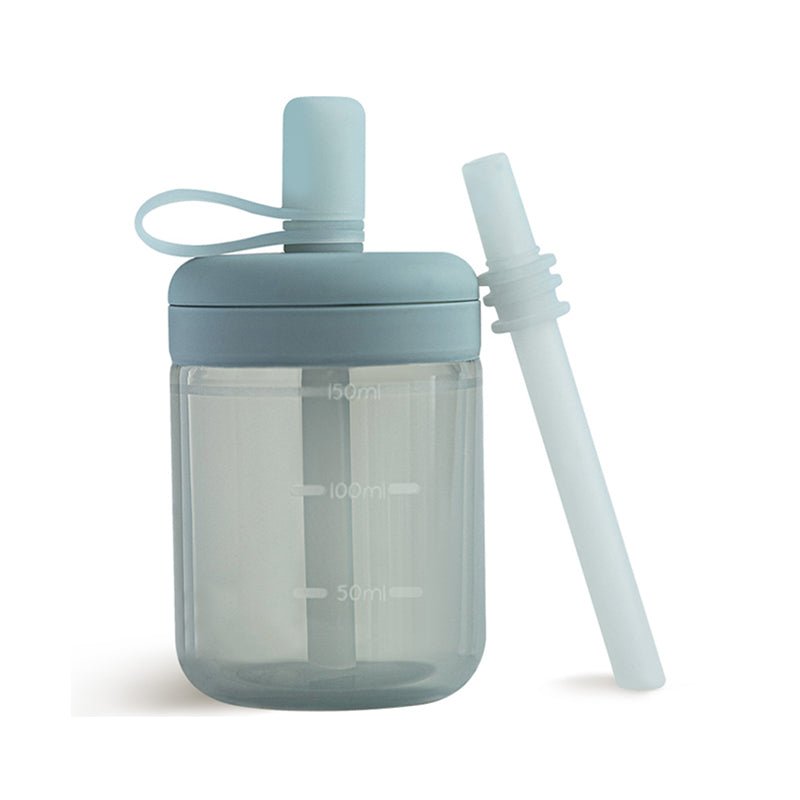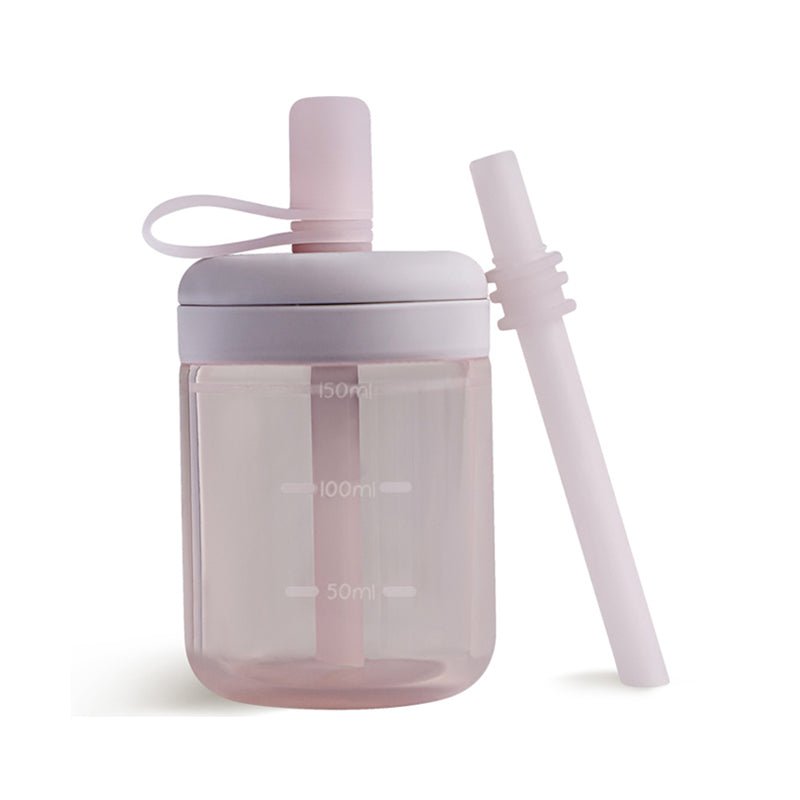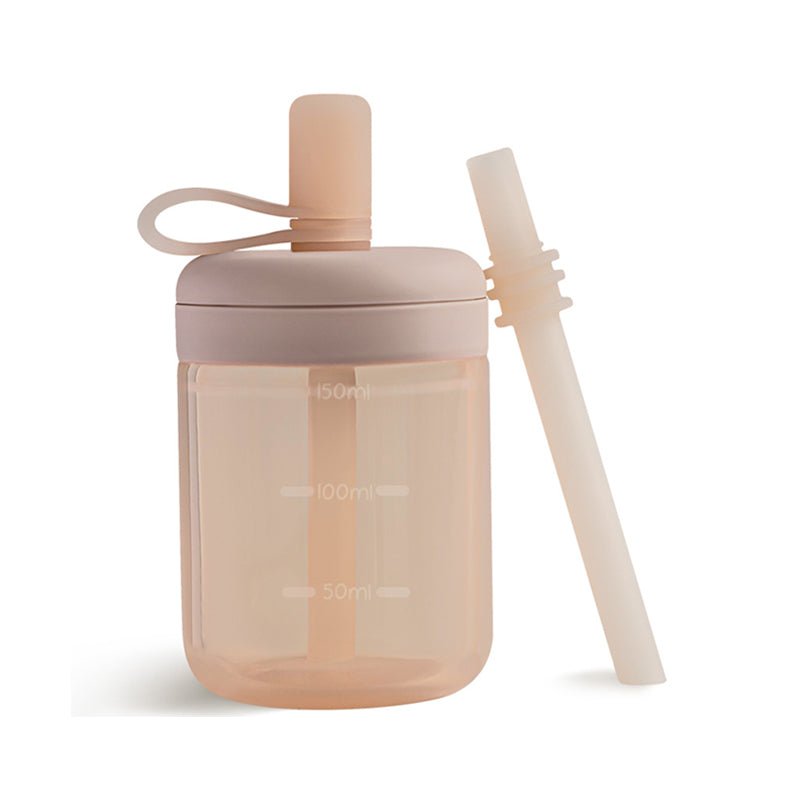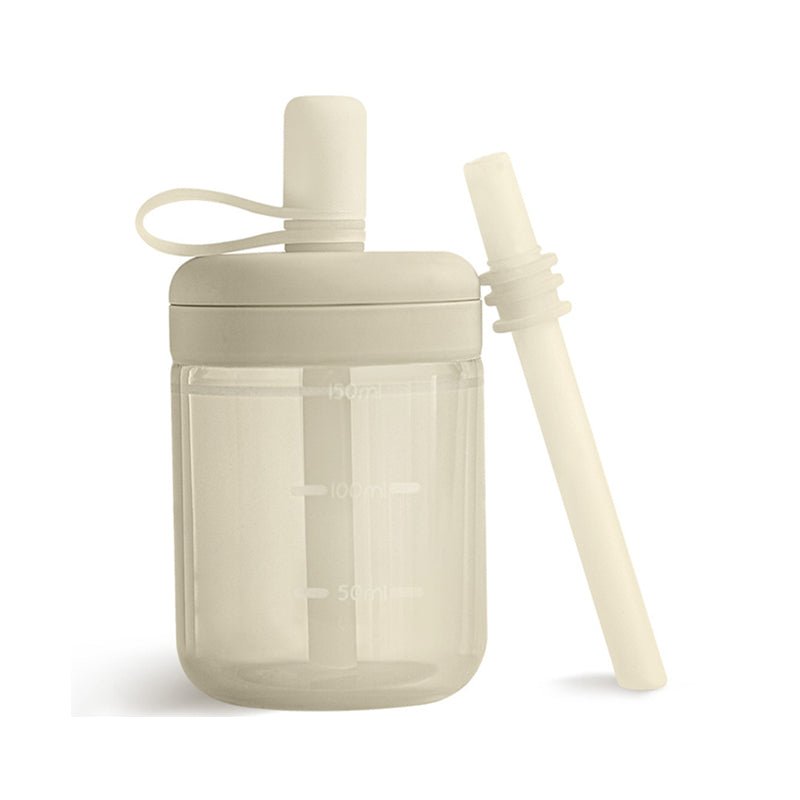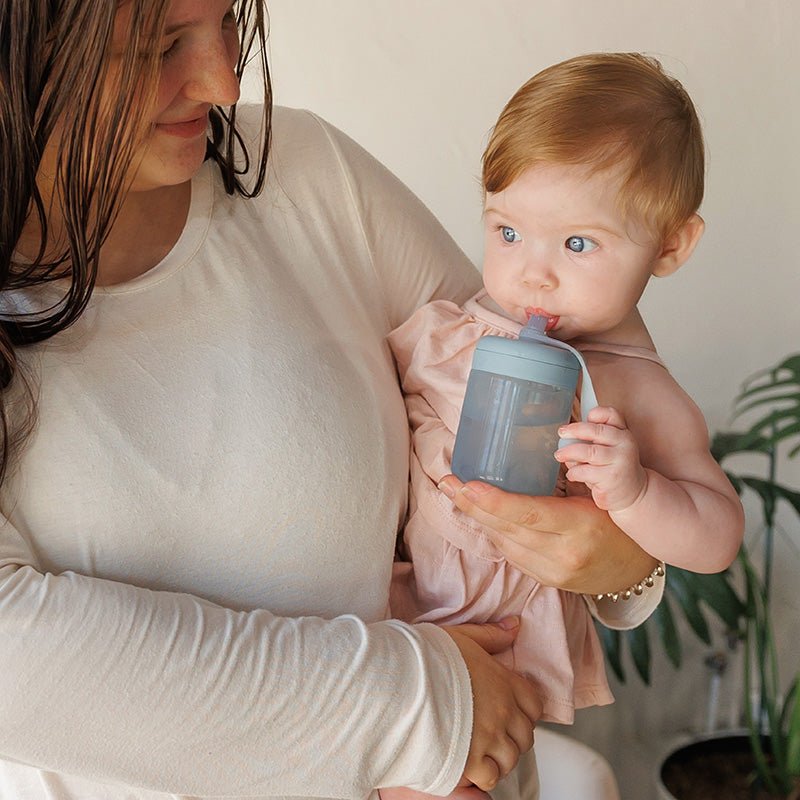
There is a well-known Christian children's song called "Be Careful Little Eyes What You See." It teaches kids to be mindful of what they look at, listen to, say, and do, who they trust, and where they go. However, advice like this is important for parents as well, especially when they are around their children!
The way parents speak and act toward and around their children shapes them just as much, if not more, than the times parents try to teach them directly. Children learn by watching, listening to, and imitating others, especially their parents. So, parents must practice what they preach.
However, hearing you swear when you burn dinner doesn't mean your child will start swearing (though she definitely learned a new word at that moment). Factors like immediate positive or negative reinforcement, frequency, environment, influences, personality, and the habits of other close family and friends also influence your child's choice.
Monkey See, Monkey Do: Observational Learning In Early Childhood
Most of us have heard someone say or imply, "Do as I say, not as I do." Whether this comes from frustration, annoyance, laziness, or trying to do something around their child that isn't appropriate for her age, parents need to realize that they communicate this statement more often than they think.
Children have a superpower: they are little sponges soaking up everything around them. Even babies and toddlers constantly observe and process everything their parents say and do, including their music choices, time spent scrolling social media, the games they play, and the way they speak to different people.
Do Toddlers Mimic Attitudes?
Ever wonder how a one-year-old girl became so sassy? She probably picked that behavior up from a parent, sibling, close relative, or friend she sees often. Sure, personality contributes to whether she chooses to mimic that sassiness or not, but so does how people react when she is sassy.
You see observational learning in action when your little one comes home from Grandma's house saying "choice" new words or mimicking a TV show she never watched at home. And somehow, your little one's mind may latch onto these new concepts like a steel trap.
That said, children who observe something may still choose not to mimic it. For example, if your toddler hangs out with her extremely mischievous cousin for an afternoon and sees him breaking stuff around your house like a dinosaur, she may not mimic him because she notices the negative consequences he gets for each rampage.
However, she may learn a new mean face from that same visit and begin using that when she is angry. Most of the time, little ones will mimic real people they observe in life, but sometimes, with enough of it, they will also reflect what they see on TV.
But children don't just mimic the bad behaviors and words they observe; they also gain positive behaviors and words!
How Can I Protect My Young Child's Identity?
Short of keeping your child sequestered at home away from society and others, your child will pick up new words, behaviors, and habits from others.

He will add his own flavor, and your influence as a parent will likely outweigh most other influences (though it may not feel like it), but overall, observational learning is inevitable.
A big fear many parents have is how the influences of TV, culture, friends, and not-so-careful family members will shape their children's sense of self. If Mommy struggles with depression or if Uncle Louis struggles to control his anger, are these struggles going to impact my child's self-esteem, confidence, and expression skills?
Your clever little one notices far more than you can comfortably imagine, so it is prudent to assume he sees or hears the negative influences you worry about. Nonetheless, there are some things you can do as a parent to help protect your little one's thoughts of self.
Share Your Feelings Honestly and Appropriately
One critical area to be on top of as a parent is how your little one learns to speak about himself, his feelings, and his value as a person.
Of course, your toddler is years away from being able to organize and articulate these things well, but the foundation is laid through observing how loved ones, especially you, speak about feelings.
On the other hand, forcing the "right words" without demonstrating how to share the "bad feelings" is not helpful. Express your good and bad feelings honestly, and try to avoid tying your feelings to your self-worth.
Saying, "I'm so stupid!" because you forgot where you put your keys teaches your little one that forgetfulness is tied to a lack of intelligence. Likewise, ripping into your spouse for "being lazy" because they didn't put dirty dishes in the kitchen ties forgetfulness to one's work ethic.
How you speak about yourself and others matters!
Avoid Giving Empty Praise
Children can discern empty praise from parents before Kindergarten. You know, when your toddler picks flowers for you for the hundredth time that week. Your "Aw, thank you so much! You are so sweet!" the first time becomes a "Thanks, kid," without looking up from your phone.
Empty praise is not rewarding and may not reinforce good behaviors. Looking your child in the eye, saying "thank you," and giving a hug takes no time at all and yet builds a powerful sense of "This is good. Mommy likes what I do. I like doing good things for my Mommy."
Notice Positive Behavior
Don't just call your child out for doing bad things, praise them for doing good things and speaking kindly to others! If you hardly ever notice or praise good behavior but are quick to put down the phone and correct bad behavior, which do you think you will get more of?

Generally speaking, kids will do more of the behavior that you give attention to, whether positive or negative (source). So, by noticing and rewarding positive actions and words, you will reinforce good behavior while telling your child that she is a good person.
Be Intentional About Your Child's Environment
Though you cannot control everything, you can help your child by surrounding him with positive role models and a positive home environment. If certain people or places exhibit negative behavior, find better people and places for your child.
This can seem nearly impossible in some situations, but taking small steps to reduce negativity and increase positivity in your child's environment at home, school, daycare, or neighborhood is worth it for your toddler's healthy development.
Avoid Inappropriate or Negative Media
Violent, aggressive, suggestive, depressing, and sadistic music, TV shows, movies, and video games teach your children just as much as child-friendly options. Even babies can be overwhelmed by the sounds and images.
Here is a good rule of thumb: If you wouldn't be proud of your child mimicking that media in public, in school, or at someone else's house, you should probably not expose your child to it yet.
One day, your child will be a teenager who can watch Marvel movies and know better than to punch someone in the face for saying mean words. But as a toddler, such self-control doesn't exist yet.
Navigating media with your toddler is tricky, especially when it feels like you're restricted to Great Grandma's movies, "Bambi," "Bluey," "Paw Patrol," and kid songs. There is so much more to screen time for toddlers than meets the eye. Learn more in Toddlers and TV: How Much Screen Time Is Okay?
Talk About It
You can do your best to surround your little one with positive experiences and people so that they emulate positive behaviors. However, exposure to negative words and actions will likely still happen from time to time. The best thing you can do is talk about it (source).
Hoping your child didn't see or hear it and totally ignoring it is an option, but doing so will probably teach your child to tolerate such things. Odds are that your child observed the behavior or words and noticed that it was unusual.
So, instead of waiting for your child to process what she observed and decide what to do with it alone, you can help her out by making it a teachable moment.
What happened there?
Do you think that was a good response or a bad one?
What is a better way to handle that?
Talk about appropriate and helpful behavior. What does it look like in this situation? Why are these negative words or behaviors unacceptable?
If you don't make a point of explaining acceptable and unacceptable behavior, someone else will through words or positive and negative reinforcement. A peer, parent, family member, teacher, or other person may encourage or discourage certain behaviors (laughter is positive reinforcement).
Walk the Talk
Ultimately, you are your child's first teacher, so you hold the most influence over what your child imitates. Do you share, argue civilly, encourage others, show kindness, give compassion, and serve others? Your toddler will likely do the same to some degree, especially if he sees you receive positive reinforcement.
But if you use "a tone" with others, sigh in exasperation, lose your cool over little things, blame others for messes around the house, and engage in other such behaviors, how can you expect your toddler to speak nicely and lovingly to others?
The Consequences of Words and Your Child's Identity
Somehow, the words you use to praise and discipline your child become part of how your child views herself. If you say, "Wow! You painted another picture on the same day? You are so creative!" she will believe she is creative.

On the other hand, if you say, "I cannot believe you pooped your pants again. You are three years old. You should be using the toilet like your cousin instead of wearing diapers like a baby!" she will feel like she isn't good enough when she messes up.
The words you speak as your little one's most loving and trusting person become the beginning of your child's inner voice. Your words as a parent will echo in your child's mind throughout her life, just as your parents' words likely echo in yours (whether you notice it or not).
How Can I Say It Better?
Some of us are great about praising our children, but sometimes, our well-intended words send the wrong message.
For instance, praising your child for being so smart to finish something well sounds positive, but it lays the foundational thought that being smart is tied to success and that failing at something means one is not smart. It's a subtle feeling that creeps in over time.
Instead, praising your child for his effort means you value his work ethic more than the result. So, practicing hard and playing well in a soccer match will become more highly prized in your child's mind than a win.
Your child will eventually understand that your joy will be in his effort rather than the result, making it more comfortable to share his highs and lows with you throughout childhood and life.
Here are a few other messaging shifts you can consider making (source):
Instead of This |
Say This |
|
"It's okay. Maybe this is not your thing." Translates to: You're so bad at this, we shouldn't try to improve. We should find something else. |
"Let's try a new strategy!" Translates to: I can try different methods instead of giving up. |
|
"You're a natural at that!" Translates to: I have talent with things I don't fail in doing. But if I mess up a lot, I'm not good enough to keep doing it. |
"I love watching you do that." Translates to: It's okay for me to do this because I enjoy doing it, regardless of the end result. |
|
"That's not right--again. You're not even trying! Are you even paying attention to your teacher?" Translates to: I must be stupid. Why should I bother? OR I'm scared to try again. |
"That's not right. It seems like you don't understand this yet. What can we do to try to understand it better?" Translates to: I don't understand this now, but I can probably figure it out with help and a different strategy. |
|
"That was really difficult. I'm glad it's over!" Translates to: Things that require hard work should be avoided because they are inconvenient. |
"That was really difficult. Your hard work has paid off! Next time something like this comes up, you'll have the skills and experience to handle it!" Translates to: Doing hard things prepares me for many more hard and harder things. I could handle this, so I'll handle the next thing, too. |
|
"That was scary! We probably won't do that ever again." Translates to: I should avoid uncomfortable things. |
"That was scary! But we did it together! I'm glad you were with me." Translates to: I can handle uncomfortable things with my family. |
|
"You just made a huge mess of this. Why on Earth did Daddy let you help cook?" Translates to: I mess things up when I try to help. I cause inconvenience to my parents. |
"Whoops! We made a mess. That is okay--it's part of learning! Can I help you clean up?" Translates to: It's okay and normal to mess up while learning. I should clean up and keep going. |
|
"How could you say that to your friend? Those words are nasty and mean! You were being a bully!" Translates to: I am a nasty and mean bully. |
"Hey, we don't say things like that to our friends. I see that you and your friend are upset. Let's figure out what happened and apologize so we can keep playing." Translate to: I'm upset, but I shouldn't be mean to my friend. I can fix this. |
Unfortunately, disciplining a one-year-old is tricky because the above suggestions have way too many words to get your point across. Read some one-year-old discipline strategies in How to Teach Your One-Year-Old to Share: Tips and Strategies.
Do Word Choices Really Matter?
These wording shifts may feel small and petty because your child will hear the comments on the left often from far more people. Your child will likely be influenced by those comments, too.
However, ensuring that you, as the parent, are a consistently safe, loving, and supportive person in your child's corner is crucial for development from the beginning to adulthood. She needs to know that you value her for who she is and are proud of her effort more than her results.
Whether you want to or not, you are actively shaping your child's inner voice. If a few word and phrase choices can help you do that better, why not do it?
In a Nutshell
One of the hardest-hitting and all-encompassing lessons you learn as a parent (and relearn at every developmental stage) is how your words and actions shape your child's inner voice. How you speak to your little one now is how he will speak to himself for years to come. May that voice be sweet, patient, and encouraging!






